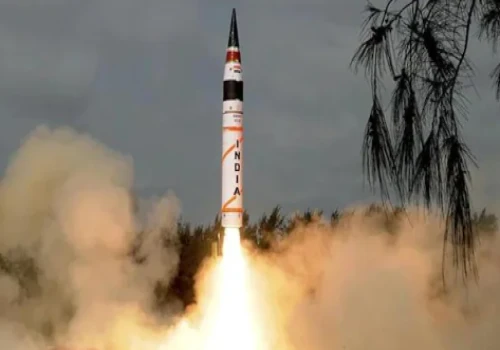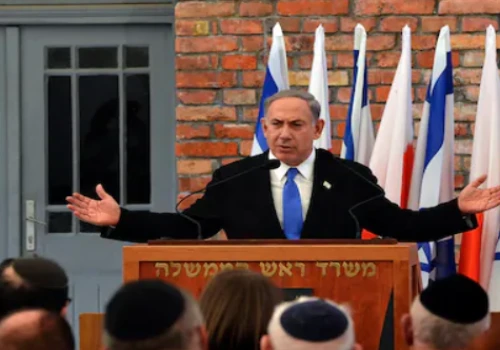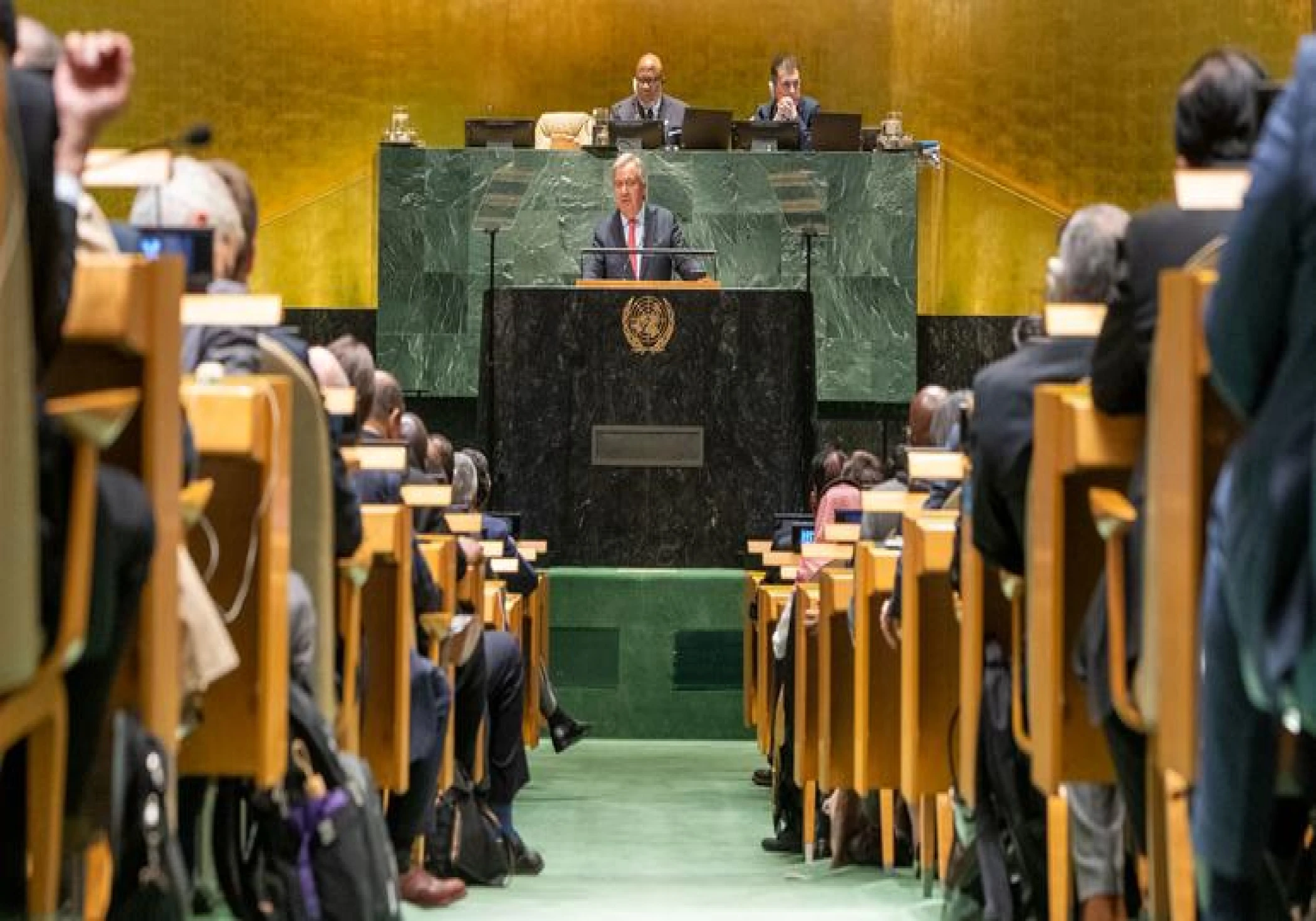
In a significant development at the United Nations, the General Assembly has adopted a resolution calling for an end to Israel’s occupation of Palestinian territories. The resolution, which reaffirms support for a two-state solution and calls for a halt to all settlement activities, passed with a majority of member states voting in favor. However, India chose to abstain from the vote, drawing attention to its evolving stance on the Israel-Palestine conflict.
The vote took place at a world body emergency special session that was called in response to the Gaza conflict and was examining Israeli conduct in occupied East Jerusalem and the rest of the Occupied Palestinian Territory. With 124 votes in favor of the resolution, 43 countries abstained, including India, Australia, Canada, Denmark, Germany, Italy, Nepal, Sweden, and the UK. 14 nations voted against the resolution, including the US and Argentina.
Since the beginning of the Israel-Hamas war, India has mainly abstained from voting on the majority of resolutions about Israel in UN organizations. Following the terror strikes by Hamas, India first declared its support for Israel. However, it then took a more nuanced stance, calling for an immediate end to hostilities as well as a return to diplomatic and dialogue efforts to ensure a two-state solution. It has also demanded that humanitarian aid be given to Gaza once more.
Israel must "end its unlawful presence in the Occupied Palestinian Territory, which constitutes a wrongful act of a continuing character entailing its international responsibility, and do so no later than 12 months from the adoption of the present resolution," according to the General Assembly's newly adopted resolution.
The International Court of Justice (ICJ) and other requirements Israel must "comply with without delay with all its legal duties under international law" were also made clear by the General Assembly. This entails removing all Israeli military forces from the Occupied Palestinian Territory, including its airspace and maritime space, as well as terminating its "unlawful policies and practices," which include dismantling the sections of Israel's wall that are located within the Territory, and immediately stopping all new settlement construction, and "repealing all legislation and measures creating or maintaining the unlawful situation."
Though symbolic, the resolution’s adoption increases pressure on Israel and signals the international community’s ongoing support for Palestinian statehood. However, the road to a negotiated settlement remains fraught with obstacles, with peace talks having stalled for years.


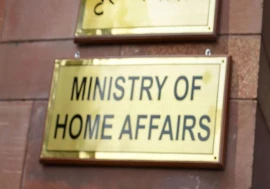
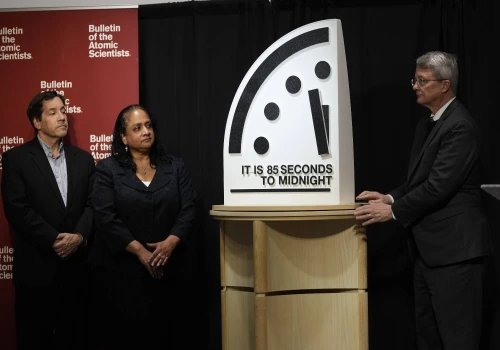

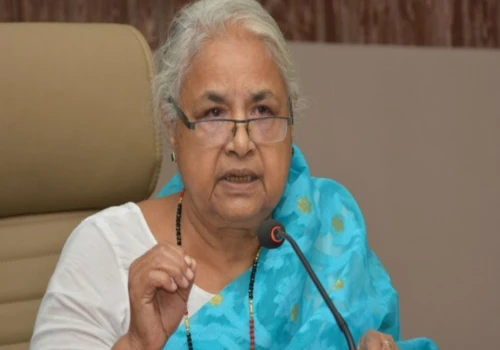
_500_x_350.webp)



